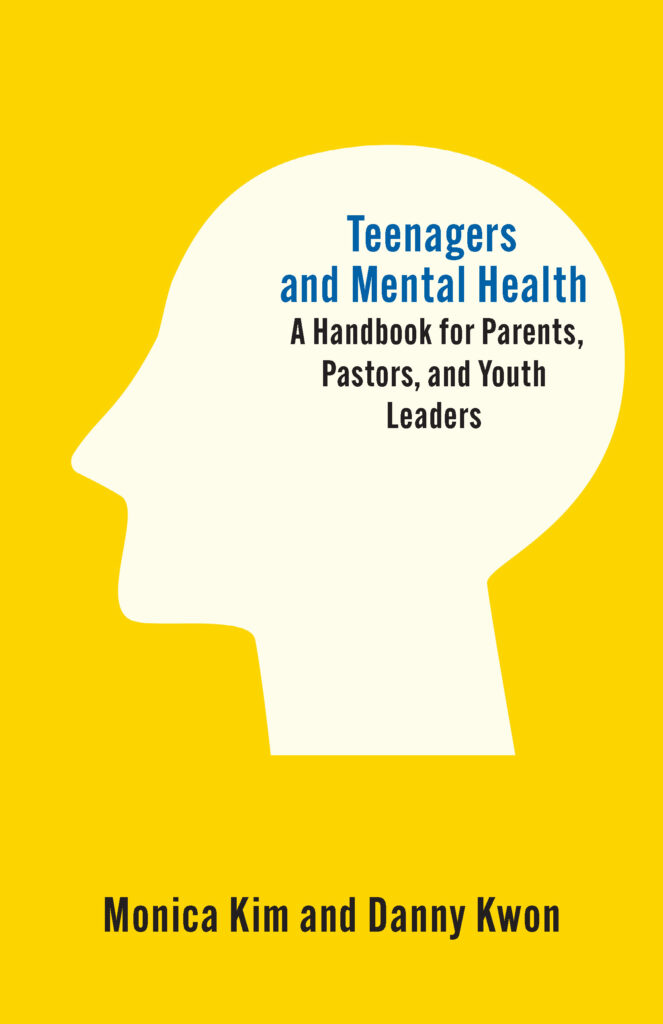I recall many years ago when our youth ministry had our annual party to welcome new middle school students to our youth and family ministry. It was always a joyful time when student leaders from our youth ministry would welcome the rising middle school students to the youth group with icebreakers and games. We would share a huge meal together, and then we’d usually go outside to my backyard and make s’mores around our firepit. Every year we did the same thing—the new middle schoolers would form a circle to do an icebreaker and introduce themselves. But this time it was different. One seventh-grade boy just sat there as the other students went around the circle. Then he started to cry. Soon, it went from just a few tears to a deep mourning type of cry. Eventually, he left the circle while the icebreaker was still going on and went into a corner of the room, where he isolated himself and continued to cry very loudly.
Everyone knew that what was happening was very strange. However, everyone was also kind of paralyzed, not knowing what to do. All the other students and adult leaders just sat there and continued with the icebreaker, while also uncomfortably aware of this new student crying in the corner by himself. No one knew what to do except be awkward and let him cry in the corner.
However, while this behavior was strange for everyone else, I knew what was most likely going on. I had had personal experience with this type of thing with one of my own, now grown-up teenagers and had had subsequent experience with other teenagers over the years. Thus, after we got back to the church for parents to pick up their teenagers, with care and compassion I talked to this young student alone in my office. I asked him if it would be OK for me to talk to his parents about what had occurred, and then proceeded to have a conversation with his parents. What happened from there was that I walked alongside this middle school boy and his parents to help them find the proper professional mental health care. I also provided pastoral care for both him and his parents as they took this mental health journey.
Over my 29 years as a youth and family pastor, it has become obvious to me and to many others who care for teenagers and their families that there has been a rise in mental health struggles among teenagers. Not all the struggles are quite as obvious as the one I just described. In fact, many teenagers suffer from mental health struggles without understanding or having only a faint idea of what they are going through. Moreover, the parents and caregivers of these teenagers might see their unusual behaviors and be bewildered and unsure of what to do next. These teenagers and their caregivers often struggle in silence, and it is this silence, the silent sound of their suffering, that churches need to “listen for” so that they can step in and offer compassionate love and care. For these families, the body of believers can be what I like to call a lighthouse or firstresponders or a refuge—a place of help and safety—by offering open and authentic hope and care for these teenagers and their families.
Seeing this rise in mental health struggles, we have done a few things as a church to serve those teenagers and their parents, who may be suffering in silence.
First, we are not silent about mental health and the potential struggles teenagers might be facing. We talk about these things openly. In doing so, we hope to be a welcoming and authentic ministry where teenagers and their parents can talk about their potential or present struggles with mental health. We even assist parents who need help opening up conversations with their own teenager. While most of us at our church are not mental health care professionals, we are the body of Christ and we want our teenagers and families to know that, as 1 Corinthians 12:26 says, “If one member suffers, all suffer together.”
Second, as a church, we offer the parents and teenager compassionate care as needed and requested. For some families, this might mean helping them find the proper professional help, while also giving them support and spiritual care. For others, it might mean a weekly check-in with the parents, asking how their situation is going and how we can walk alongside them as they care for their teenager’s mental health. Lastly, in some cases serving the family means having someone hang out with and be a friend to a teenager and offering them spiritual counsel and support.
Finally, as a church, we offer resources to equip parents and teenagers to understand and cope with mental health struggles. For both parents and teenagers, as well as entire families, our church has offered workshops and Christian education classes on topics such as anxiety, academic stress, and the impact of social media use.
These are just some examples of ways churches can support families dealing with mental illness. But the main point is, compassionate care for teenagers and their families can come in a variety of forms, so that they will not be functioning in silence and solitude.
Mental health struggles are sometimes obvious but at other times subtle. This means that it can be hard for both teenagers and their parents to recognize them, discern the extent of them, or even know when to ask for help. But these struggles are a rising trend in the lives of teenagers. They need our help. My hope is that churches, including pastors, youth leaders, and ministry volunteers, as well as parents themselves, can be a refuge, lighthouse, and first responder to our teenagers and their families, so that they need not struggle in silence.
Teenagers and mental Health
Teenagers and Mental Health is a comprehensive guide to better understanding the challenges adolescents face and outlines strategies for compassionate, gospel-centered care. Married coauthors Monica Kim, a licensed psychologist and biblical counselor and Danny Kwon, a veteran youth pastor, have extensive experience in working with struggling youth both professionally and as parents. They equip youth leaders, pastors, parents, and other caregivers to notice when a teen is having trouble and reach out to offer help.






